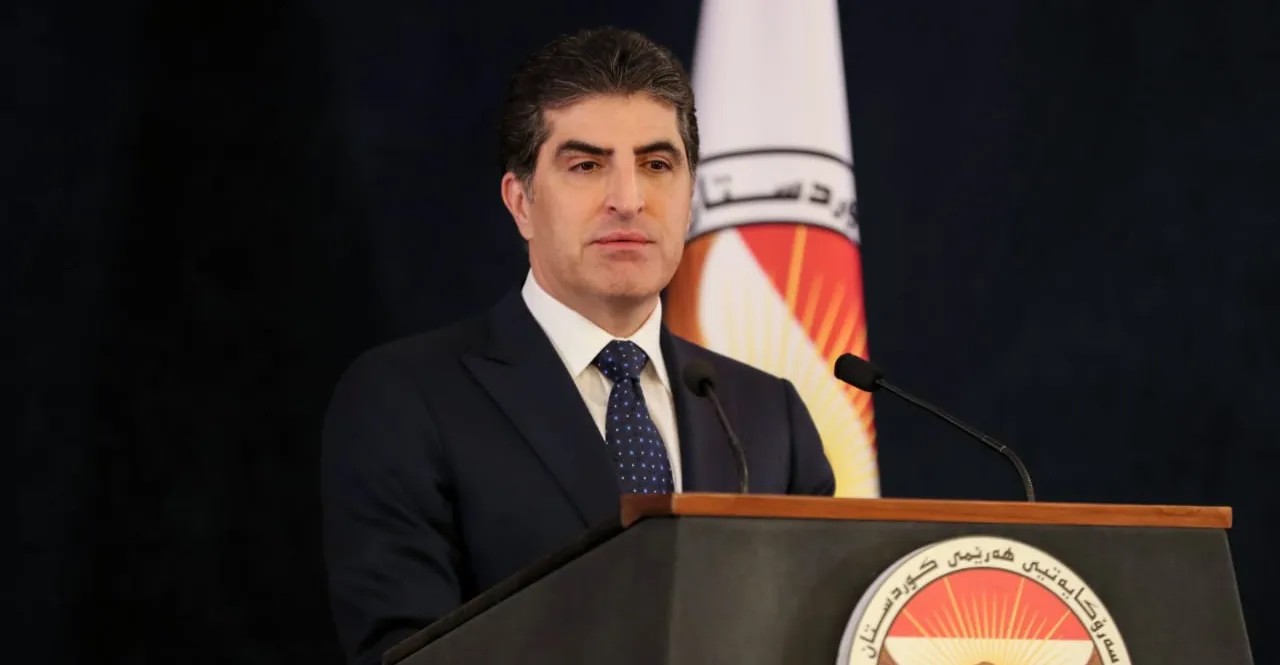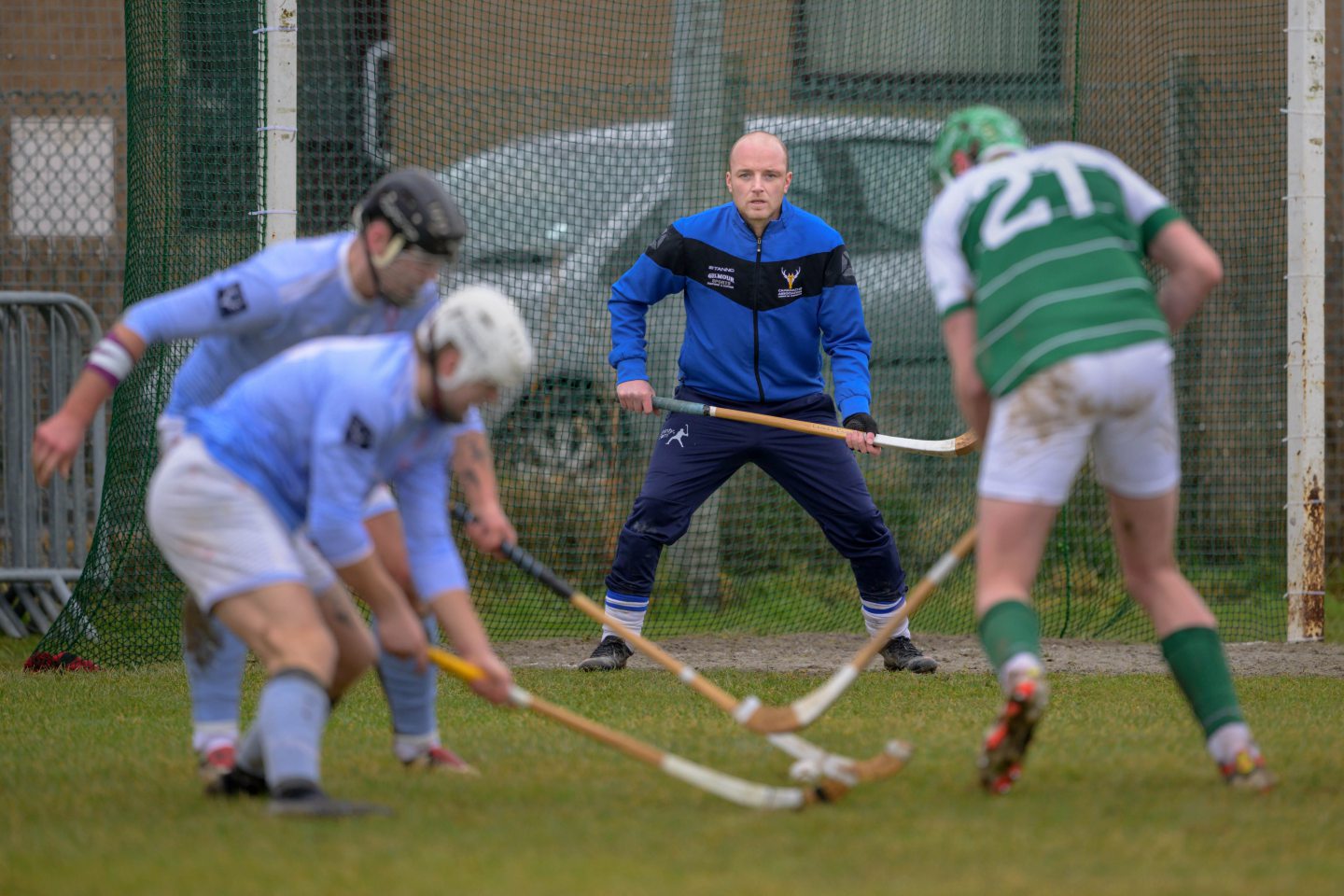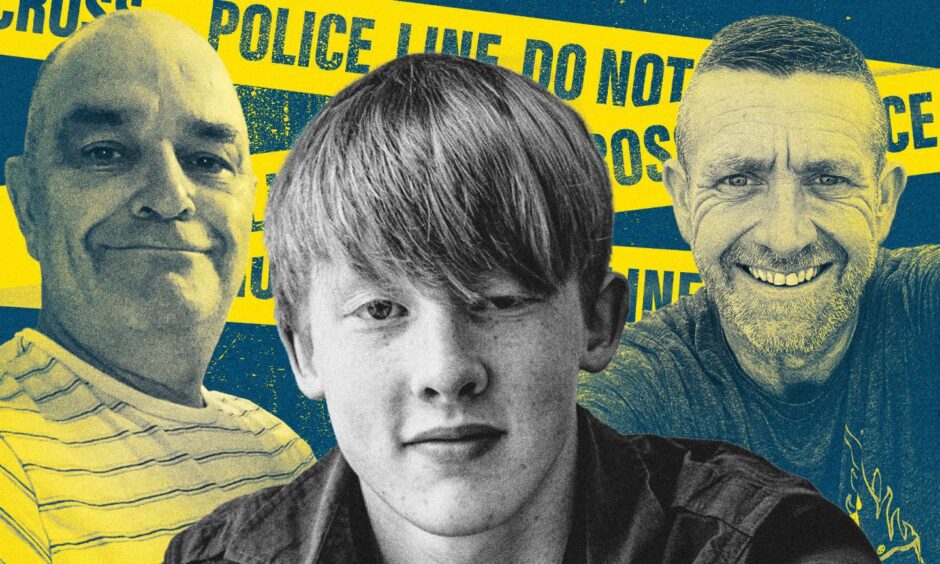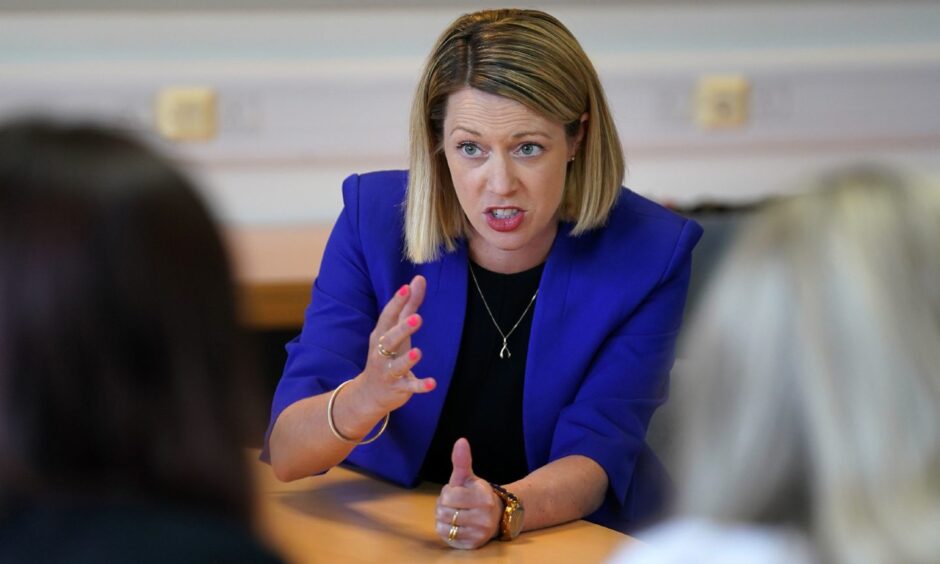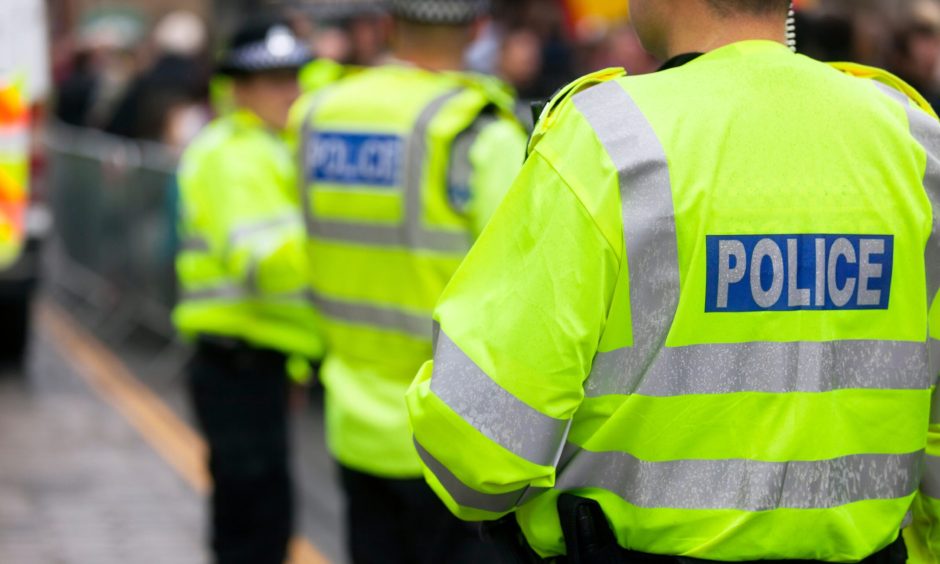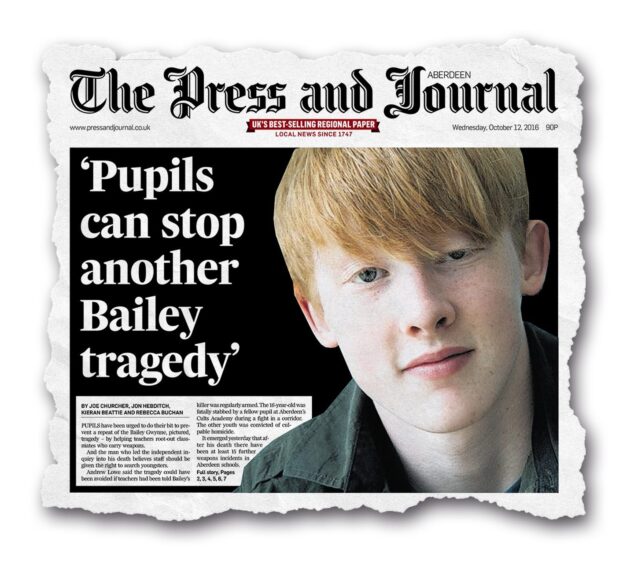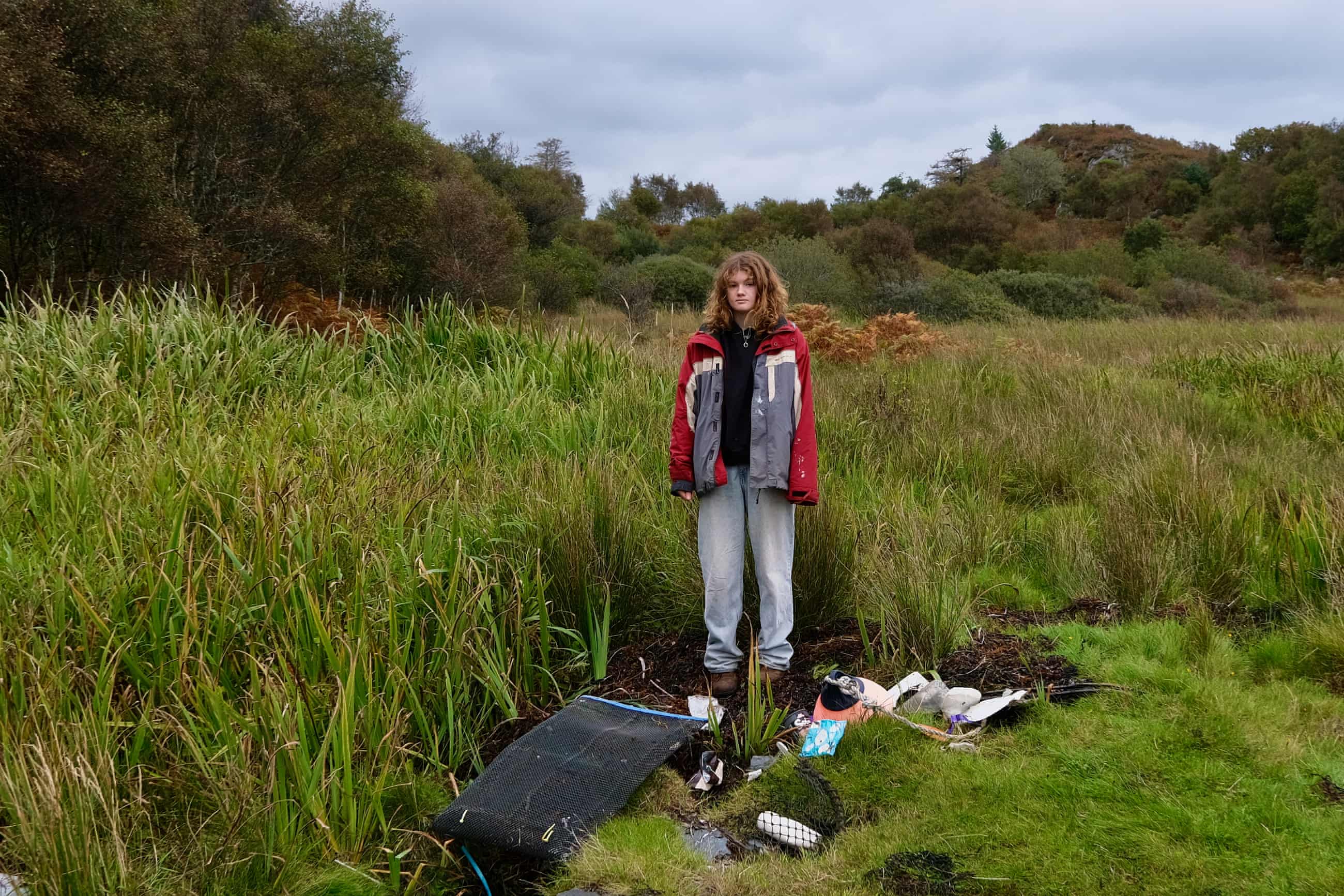Would phone ban help? Aberdeen school violence concerns are put to Scotland’s education boss
Education Secretary Jenny Gilruth laid out the reasons for the striking rise in youth crime in the city - and how she plans to tackle it.

“Young people – just like me and all of us on this call – are addicted to phones,” Jenny Gilruth tells me as a matter of fact.
I am meeting Scotland’s education secretary in an online video meeting to discuss worsening school violence figures across Aberdeen, as well towns all over the north-east and Highlands.
Grim data from a recent P&J investigation revealed incidents of youth crime in the Granite City have almost quadrupled since the pandemic.
This is on top of a rising number of youngsters bringing weapons to school.
And issuing a blanket ban on mobile phones has been mooted as one of the potential solutions to the ever-growing epidemic.
This is easier said than done though, Ms Gilruth admits.
“We have them on us mostly at all times,” she adds as we dig deeper into the reasons behind the striking increase.
“You will see MSPs – and I include myself in this – sitting on their mobile phones in the chamber.
“So why is it we’re asking young people to do something that none of us do?”
A decade on from the tragic death of 16-year-old Cults Academy pupil Bailey Gwynne, we are taking parents’ and teachers’ concerns to those in charge of tackling the issue.
In an exclusive interview with The P&J, Ms Gilruth shares her own overview of school violence as a former teacher and lays out what the government is doing about it.
She also reveals:
- Why she thinks incidents of youth violence is on the rise
- Her thoughts on whether a blanket ban on phones at schools would help tackle the epidemic of youth crime
- Why she would never support the use of “consensual” stop-and-searches at schools
What are the reasons for the striking rise in youth violence in Aberdeen?
For the last few weeks, we have been looking at the reasons behind the rise in youth crime – giving voice to the growing concerns of parents, teachers and council bosses.
Shocking data showed there have been 1,146 incidents of pupil violence in the last academic year – with many now coming forward to share their personal experience.
An Aberdeen classroom assistant told us last week about the terrifying moment a pupil smashed a chair across her back in a violent attack, leaving her reliant on painkillers.
In April, a 14-year-old girl was charged after allegedly “slashing” a classmate with a knife at Hazlehead Academy.
And these are just some of the cases to have dominated discussion in recent years.
Ms Gilruth stresses no one should feel “uncomfortable or scared” at school, and they have been working to understand the problem and challenge this sort of behaviour.
She says there is a whole range of factors behind this spike in school violence.
The dire impact of the pandemic, the ever-rising bills that leave more families in poverty and the wider access to online content have all played a major part.
There are better recording systems in place to track incidents of youth crime nowadays, which helps the government get a “clearer understanding” of the situation.
But that doesn’t mean that school violence is a new thing.
And Ms Gilruth thinks we need to go away from any suggestion that “there was a golden age” where everything was just fine 20-odd years ago.
“There’s always been challenges in our schools,” she tells me. “There are just challenges today that are different than existed previously.
“I need to be really clear that there’s no place for violence or abuse by anyone, of anyone, about anything in our schools.
“But I do think we must be careful not to demonise a generation of young people that is growing up with a range of pressures that we probably didn’t experience.
“And behaviour is a bit of a reflection of some of the challenges we face post-pandemic.”
‘Searching children at schools is not the answer – they’re not prisoners’
Easing that pressure on struggling families and trying to clamp down on violence in schools has been one of her top priorities since taking on the top brass role in 2023.
But she says there is no easy solution and uprooting the issue has been a challenge.
Education bosses have been scratching their heads on how exactly they can tackle violence among children for years.
There have been suggestions of installing metal detectors at schools, banning phones to keep children focused or even potentially carrying out “consensual” searches of pupils.
The latter has been banned since 2017 when police were stripped of their right to stop and search young people unless there is “reasonable suspicion”.
And Ms Gilruth is adamant that should remain this way.
She says: “I certainly wouldn’t support the searching of young people in places where they’re meant to be educated – our schools are not prisons.
“I also don’t think teaching staff would be comfortable with that – quite aside from me not agreeing with it myself.
“I think we shouldn’t start from a presumption that all of our children are badly behaved – from [our research report] we know the vast majority are well behaved.
“So let’s not condemn this generation who’ve grown up through a very challenging period and suggest they are all violent.
“I don’t accept that, I don’t think that’s true.”
Would banning phones at schools help reduce youth crime?
When it comes to banning phones at schools, Ms Gilruth seemed a lot more inclined.
But she still thinks headteachers should have the freedom to make this decision for themselves as one size doesn’t fit all.
Academic research suggests mobile phones in schools can adversely affect pupils’ educational attainment and contribute to bullying.
Some experts point to potential learning benefits and argue that a blanket ban on phones could prove ineffective and counterproductive.
Ms Gilruth agrees with that as she recalls the times when she had to confiscate phones from tall 15-year-old boys, stressing this could lead to conflict.
Government guidance discourages the use of phones in schools but the final decision lies with the headteachers.
Peterhead Academy, as well as Kaimhill School and St Peter’s RC in Aberdeen, have all become “phone free”, while other local authorities have put in place partial bans.
Ms Gilruth reckons this is a better approach than issuing a blanket ban overnight.
She says: “If a headteacher wants to ban phones, they will have my full backing to do that but I don’t think it’s my job as cabinet secretary to dictate to our headteachers.
“I actually think it’s a bit arrogant for politicians to presume they know better than Scotland’s teachers so we need to be a bit careful about this.”
The education chief adds: “We’ve seen a kind of domino effect whereby local authorities and schools are now adopting bans.
“They’re not all doing exactly the same thing, but it has led to behaviour change, I think, and that’s certainly to be welcomed.”
So what is the government doing to tackle youth violence?
Ms Gilruth goes on to quote the work of a number of organisations that are trying to tackle youth crime by educating pupils on why carrying a weapon is dangerous.
These include the Scottish Violence Reduction Unit and Medics Against Violence groups, as well as Education Scotland’s Mentors in Violence Prevention programme.
And Ms Gilruth is confident that their work is “making a huge difference” in changing young people’s behaviour.
When it comes to the government’s role in all of this, her job is to ensure they get the funds for these projects – with £6 million ploughed into violence prevention since 2023.
The Behaviour in Scottish Schools Action Plan was also launched that year, offering teachers and pupils extra training as well as other services as an early intervention.
But altogether, Ms Gilruth admits her powers are “somewhat limited” and the heavy weight of uprooting the issue of school crime falls on the council’s shoulders.
“What I can do is publish guidance, but I don’t carry the statutory responsibility for the delivery of education as cabinet secretary,” she adds.
“I’m really conscious as a former teacher that I hear examples where staff don’t feel supported and I also want to be clear that that shouldn’t be happening.
“We need schools, local authorities in particular, to use that guidance and help schools to inform their own policies, their own practices that will support staff and kids.”
[Source: Press and Journal]
